Top Features to Consider When Shopping for the Best Vacuum Cleaner for Hardwood Floors
Hardwood floors (best vacuum cleaner for hardwood floors) are one of the most stunning features a home can have. They add warmth, character, and a sense of timeless style. But anyone who owns hardwood also knows one simple truth: dust, pet hair, and fine debris show up everywhere. And because wood floors scratch easily, you can’t just use any vacuum.
If you want your floors to stay beautiful for years, choosing the best vacuum cleaner for hardwood floors is essential. Below are the key features that truly matter—written to help you make an informed and confident choice.
1. Soft, Scratch-Safe Brush Roll
The brush roll is one of the first components you should evaluate. Hardwood floors look durable, but the finish can scratch easily if the vacuum has stiff bristles.
A hardwood-safe vacuum typically includes:
-
Soft brushes made from microfiber, felt, or rubber
-
A brush roll you can turn off when cleaning delicate areas
-
Tangle-free technology to prevent long hair from wrapping around the roller
The goal is to clean without leaving marks behind. A soft brush roll sweeps away dust while protecting the surface from micro-scratches.
2. Consistent Suction That Doesn’t Scatter Debris
It’s frustrating when a vacuum simply pushes dirt around instead of picking it up. Many vacuums designed for carpet rely on airflow that actually scatters debris on hard surfaces.
For hardwood floors, look for:
-
Strong suction that lifts fine particles
-
Edge-to-edge cleaning for corners and baseboards
-
Adjustable suction settings for delicate areas
Vacuums built specifically for wood floors create a tight seal against the ground—this helps lift everything from pet hair to fine dust without blowing it across the room.
3. High-Quality Filtration for Cleaner Air
Even though hardwood floors don’t trap dust the way carpet does, allergens still collect on the surface. Every time you walk across the floor, they’re pushed into the air again.
A vacuum with a good filtration system helps keep your indoor environment healthier.
Consider models with:
-
HEPA filtration for capturing microscopic allergens
-
Sealed systems that prevent dust from leaking back into the air
-
Washable filters that reduce maintenance costs
If you have allergies, pets, or young children, filtration becomes even more important.
4. Lightweight Build and Smooth Maneuverability
Dragging a heavy vacuum across hardwood floors isn’t just inconvenient—it can actually cause scuff marks over time. That’s why the best vacuum cleaner for hardwood floors is typically lightweight and easy to maneuver.
Look for:
-
Swivel steering to easily navigate around furniture
-
A low-profile head for cleaning under couches and cabinets
-
Balanced weight so pushing and pulling feels effortless
A lighter vacuum is also more comfortable to use during quick daily cleanups.
5. Floor-Friendly Wheels and Protective Design
The wheels matter more than many people realize. Hard plastic wheels can leave dull lines or small marks on the wood’s finish—especially on softer species like pine.
For hardwood, prioritize vacuums with:
-
Rubberized wheels that glide smoothly
-
Soft bumpers around the cleaning head
-
A design that reduces friction against the floor
These details may seem small, but they make a big difference in protecting your floors long-term.
6. Versatile Multi-Surface Capabilities
Most homes don’t have hardwood everywhere, which is why versatility is valuable. A vacuum that can switch between hardwood, tile, and low-pile rugs saves time and storage space.
Good multi-surface vacuums typically offer:
-
Automatic or manual floor-type adjustment
-
Brush rolls designed for both soft and hard surfaces
-
A detachable handheld mode for stairs or tight spaces
This flexibility ensures your vacuum works well throughout your entire home—not just in one room.
7. Quiet Operation for Peaceful Cleaning
Hardwood floors can amplify sound, making loud vacuums even noisier. If you prefer to clean early in the morning, late at night, or while children or pets are around, a quiet vacuum is worth the investment.
Look for models with noise levels below 70–72 dB, which provide strong suction without the harsh sound. Premium brands often include insulation and brush designs that reduce noise without sacrificing performance.
8. Corded vs. Cordless Convenience
Both corded and cordless vacuums can be excellent options—it all depends on your lifestyle.
Cordless Vacuums
These are ideal for fast daily cleanups. They’re lightweight, easy to maneuver, and perfect if you want something quick and convenient.
Best for:
Small- to medium-sized homes, spot cleaning, people who vacuum frequently.
Corded Vacuums
These provide consistent power without worrying about battery life. They’re great for larger spaces or deep-cleaning sessions.
Best for:
Bigger homes, longer cleaning sessions, and households with lots of pets or heavy debris.
Both can be the best vacuum cleaner for hardwood floors, depending on how you plan to use them.
9. Attachments That Actually Help With Hardwood
Attachments aren’t just extras—they expand what your vacuum can do.
Look for hardwood-friendly accessories such as:
-
Soft dusting brushes for shelves and blinds
-
Crevice tools for cleaning along baseboards
-
Microfiber hardwood floor heads for gentle sweeping
-
Pet hair tools for embedded fur
The right attachments make cleaning feel more efficient and less of a chore.
Final Thoughts
Choosing the best vacuum cleaner for hardwood floors isn’t just about suction power. It’s about finding a vacuum designed to protect your floors, simplify your cleaning routine, and last for years. By focusing on features like a soft brush roll, high-quality filtration, quiet operation, and a protective design, you’ll end up with a tool that keeps your hardwood looking polished and beautiful.
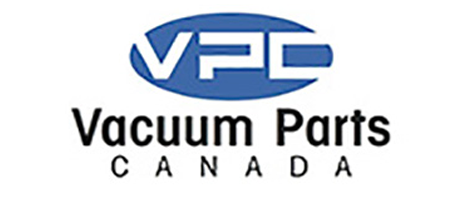
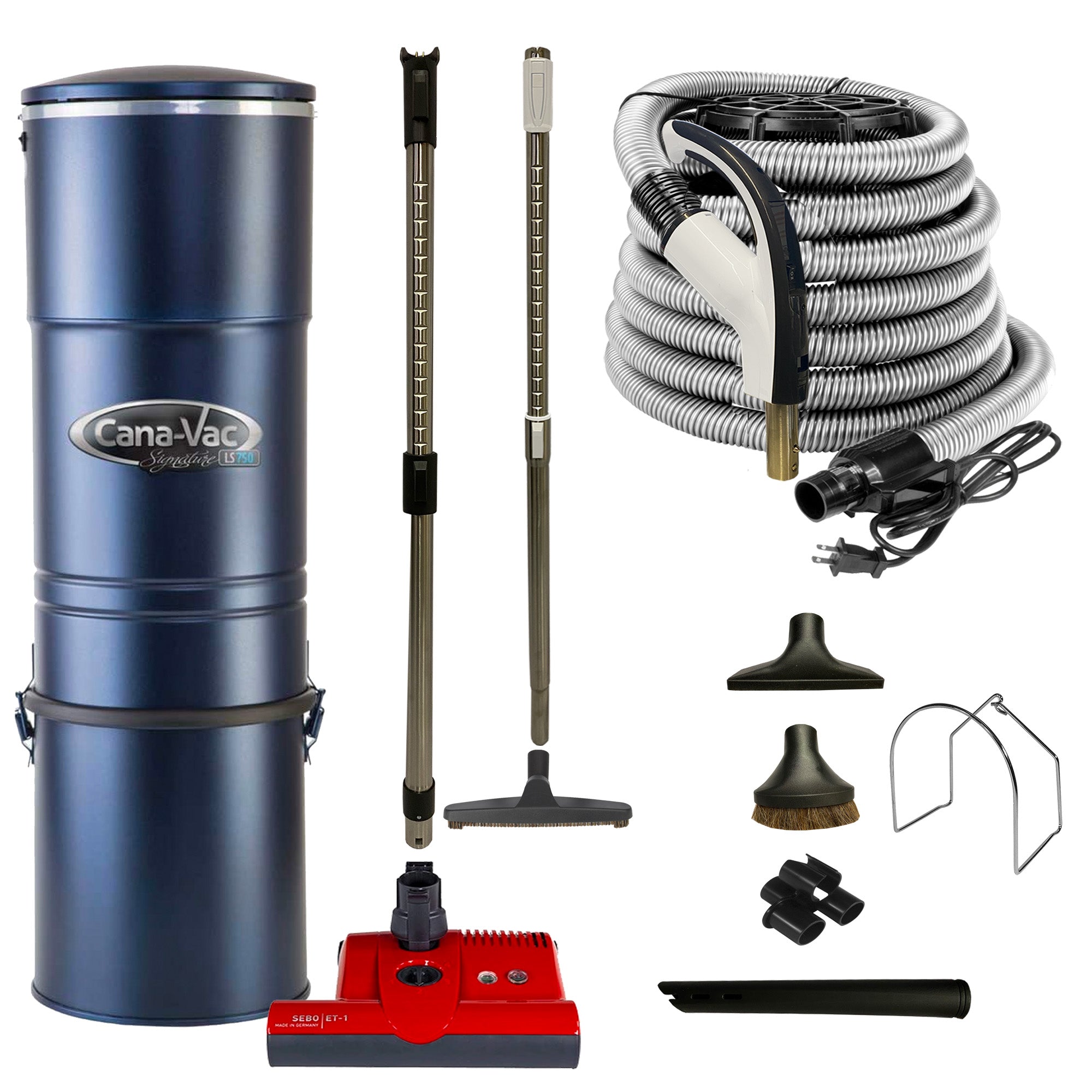
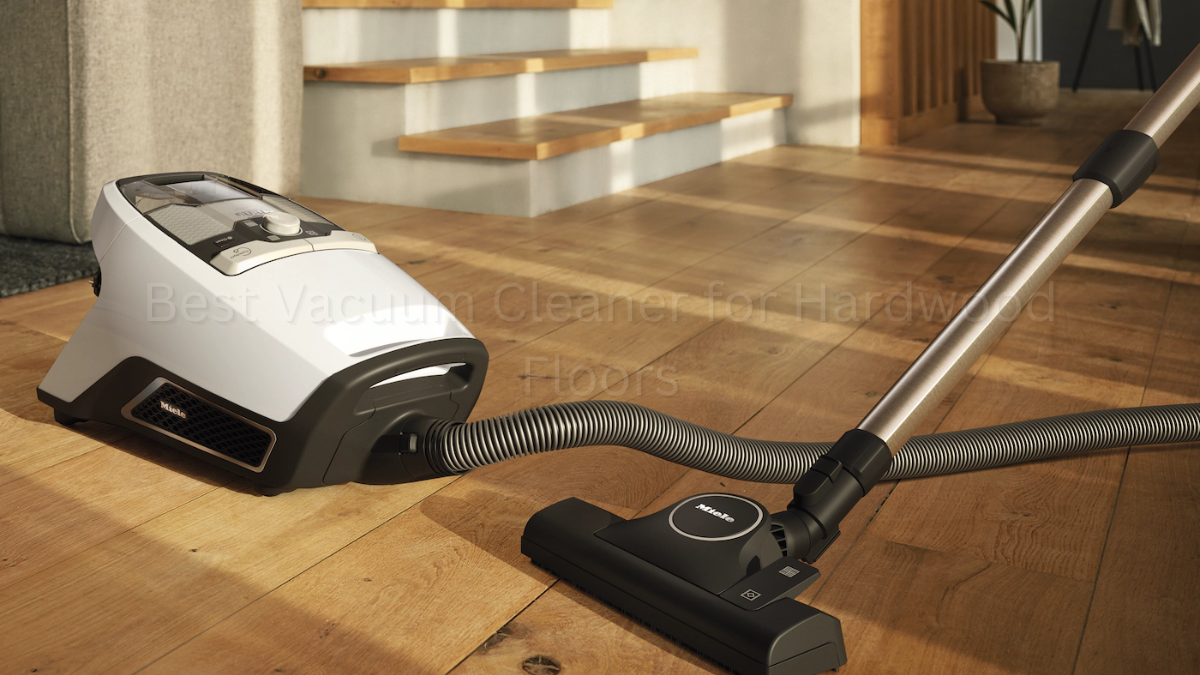
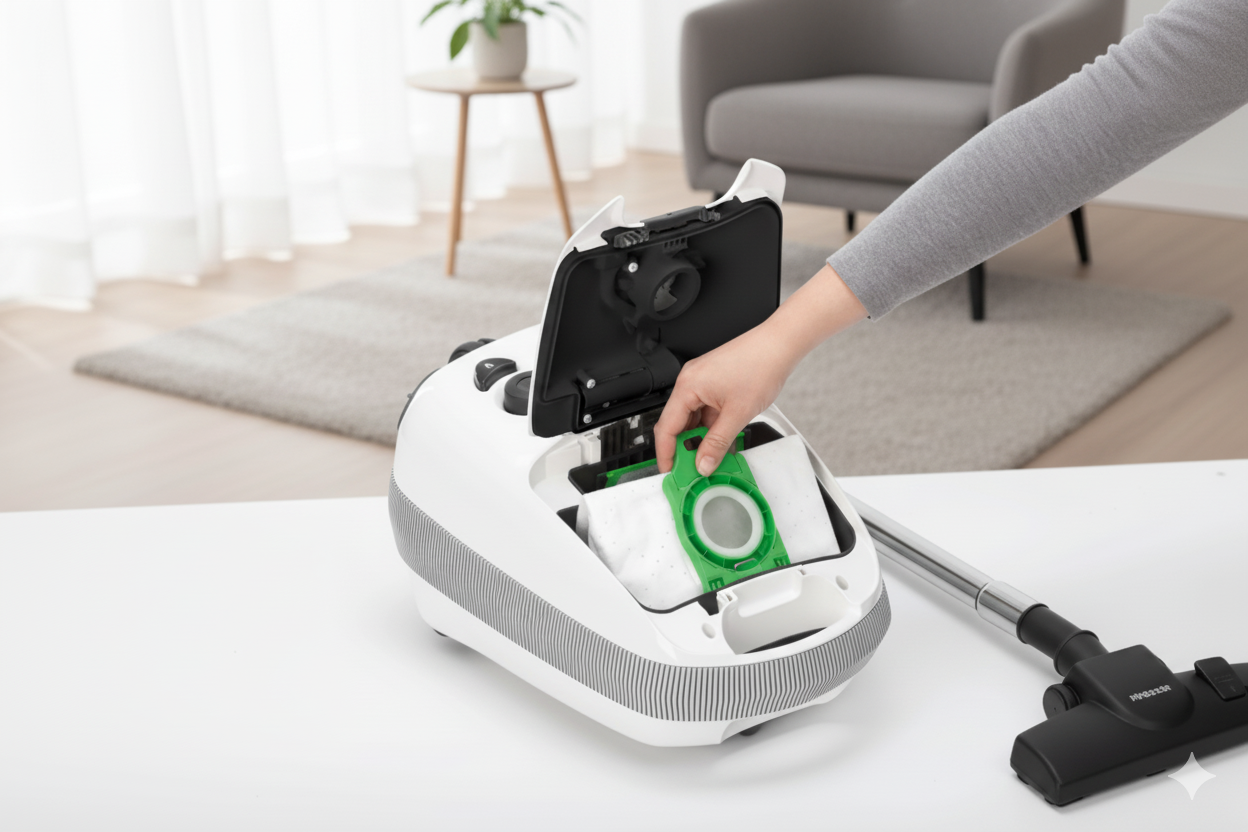
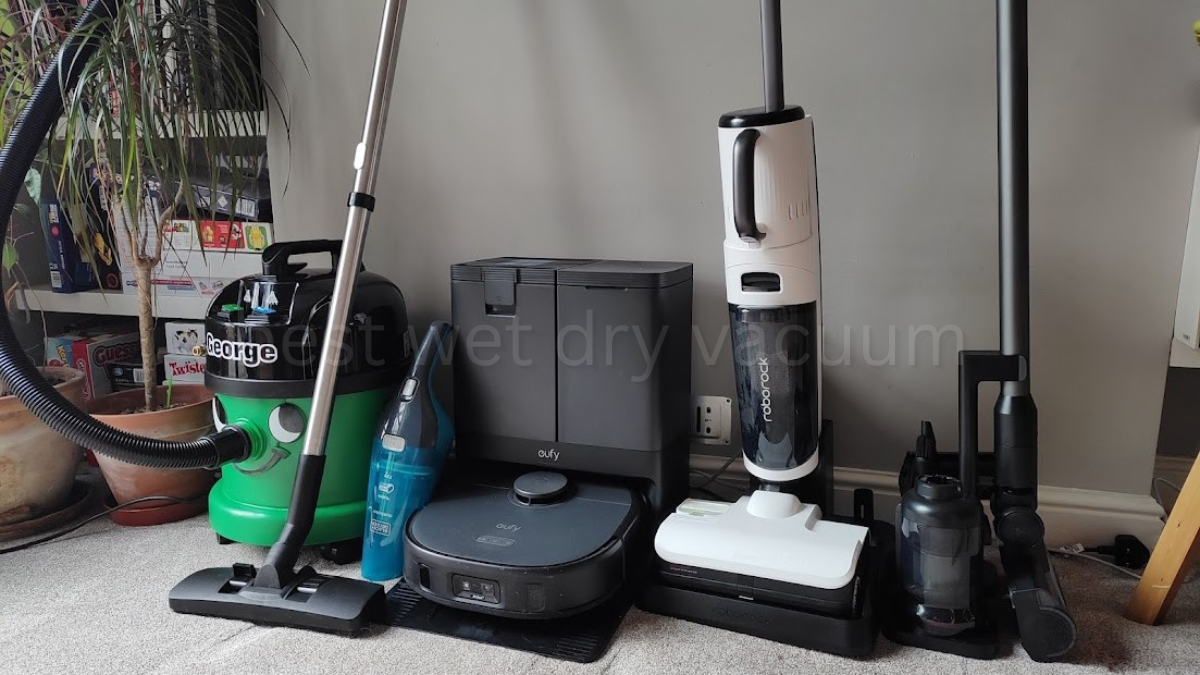
Leave a comment
This site is protected by hCaptcha and the hCaptcha Privacy Policy and Terms of Service apply.